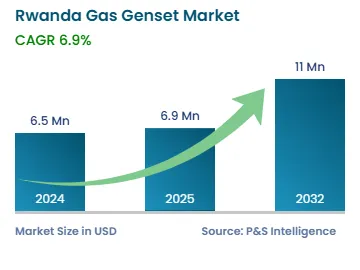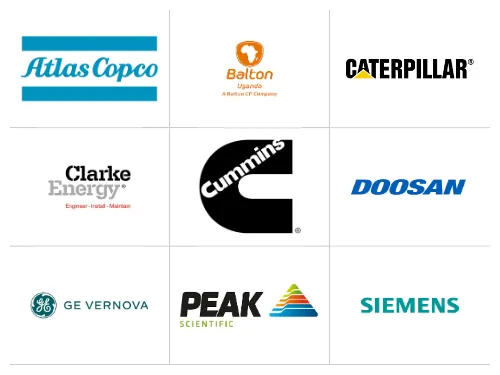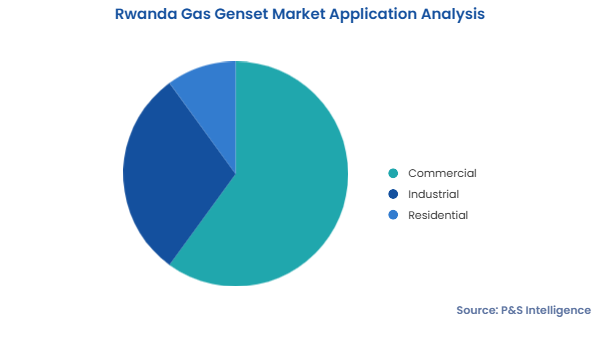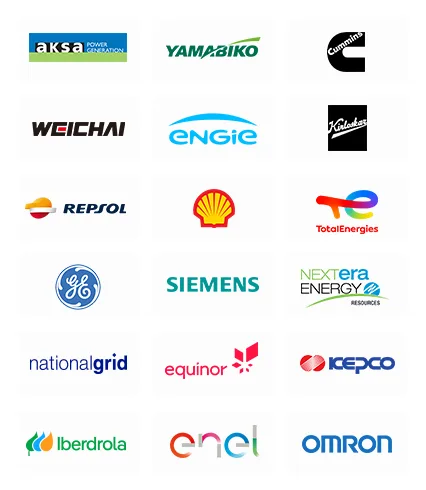Rwanda Gas Genset Market Trends and Growth Drivers
Concern for Increasing Carbon Emission Is a Major Trend
There is an increasing concern over the rising carbon emissions and a push for cleaner energy solutions in Rwanda. As the international consciousness of climate change and environmental impacts rises, there is more burden on industries and governments to adopt greener technologies.
Rwanda's Accelerating Sustainable and Clean Energy Transformation (ASCENT) project seeks to increase access to clean and low-carbon energy for households and businesses through grid expansion. It includes a provision for 420,000 grid connections, supportive infrastructure, and improvements in and establishments of substations and transmission lines. With the development of the economy of Rwanda, the need for a constant flow of sustainable energy propels the demand for gas gensets.
Rwanda is also focusing on energy efficiency and working to achieve its Sustainable Development Goal 7 (SDG7), which will provide economic and environmental benefits, coupled with sustainable, cost-effective, and reliable energy. The Energy Efficiency Potential Assessment for Rwanda is a report prepared by the World Bank and the Ministry of Infrastructure, displaying Rwanda’s intention to reduce energy consumption by nearly 22% by implementing sustainable strategies. Owing to the rising concern and awareness around the carbon footprint and clean energy, Rwanda is increasingly shifting toward greener technologies, such as gas gensets.
Frequent Power Failures and Inadequate Power Supply Are Driving Market
The significant drivers of the demand for gas gensets in Rwanda are the high frequency of power failures and the inadequate power supply otherwise. There have been consistent efforts to extend the national grid, but numerous areas, especially rural and off-grid regions, continue to suffer from unreliable electricity supply. Along with this, recurrent power outages and limited grid connectivity have created a gap that propels the adoption of gas gensets for reliable electricity supply to residential and commercial users.
Gas gensets are an efficient alternative as they offer reliable backup power, thus ensuring that industries, businesses, and households maintain undisturbed operations. Commercial facilities, such as retail establishments, corporate offices, telecom towers, hospitals, and hotels; industries, including manufacturing; and residential spaces are witnessing a high demand for gas gensets. Gas gensets are a dependable and fuel-efficient option compared to traditional diesel gensets, offering longer operational hours and lower emissions.
Inter-Government policies Offer Major Opportunities in the Market
Inter-government organizations’ favorable policies and investments will offer numerous opportunities for Rwanda's gas genset market players. The government is committed to extending electricity coverage in the country and improving the reliability of the power supply; this is boosting alternate power solutions, such as gas gensets. There are numerous electricity distribution projects underway across the country, with new distribution lines aiming to connect more households to the grid.
Regional organizations, such as BADEA and AfDB, in collaboration with the World Bank, are investing in various projects to improve the energy infrastructure and expand grid connectivity in remote areas. The BADEA backs a project that provides grid connectivity to 18,000 households in the Nyagatare and Burera Districts, further facilitating the implementation of large-scale electrification projects.
Rwanda's inter-government strategies, along with local cooperation and international investments, are bringing forth major opportunities. As a result, Rwanda’s access to electricity to households has surged from 6% in 2009 to 75% as of March 2024. Moreover, many agencies support Rwanda’s aim of 100% electricity and improved grid connectivity in urban and rural areas in the coming years.




